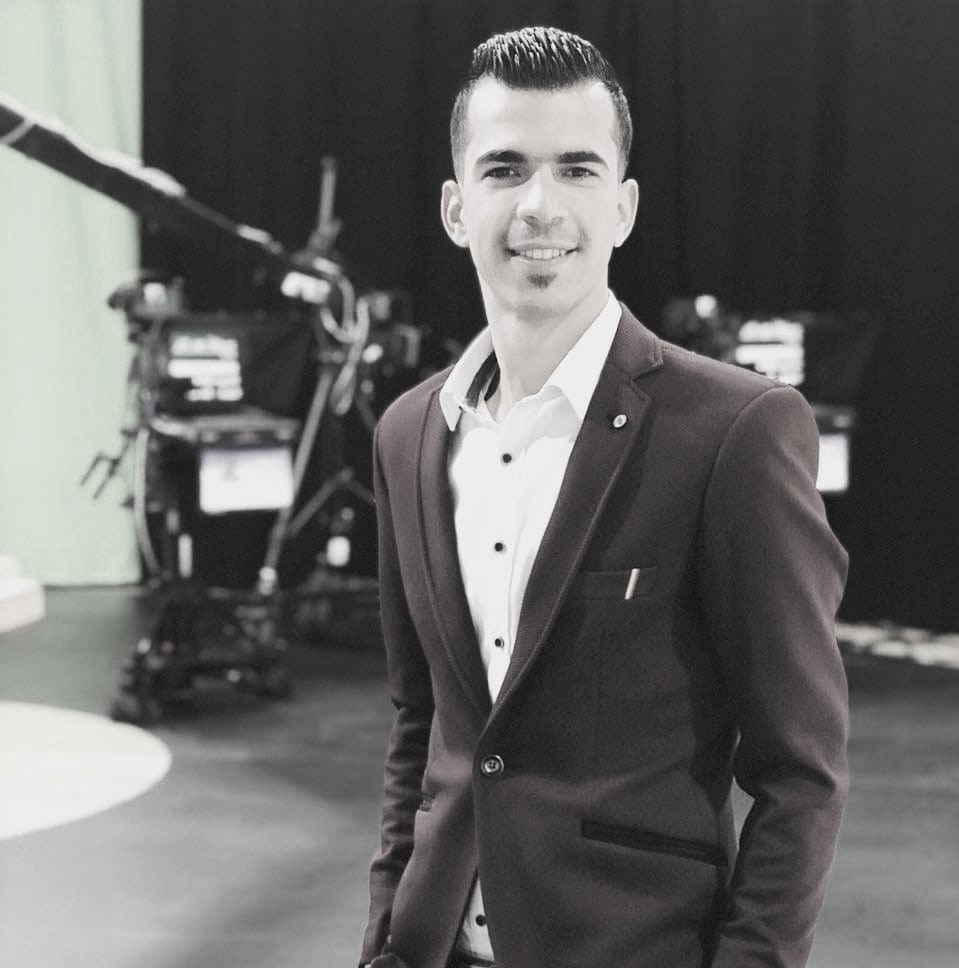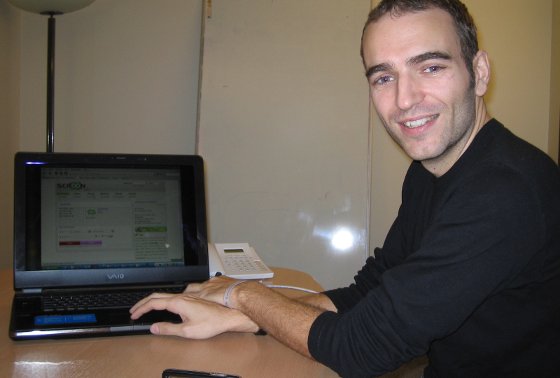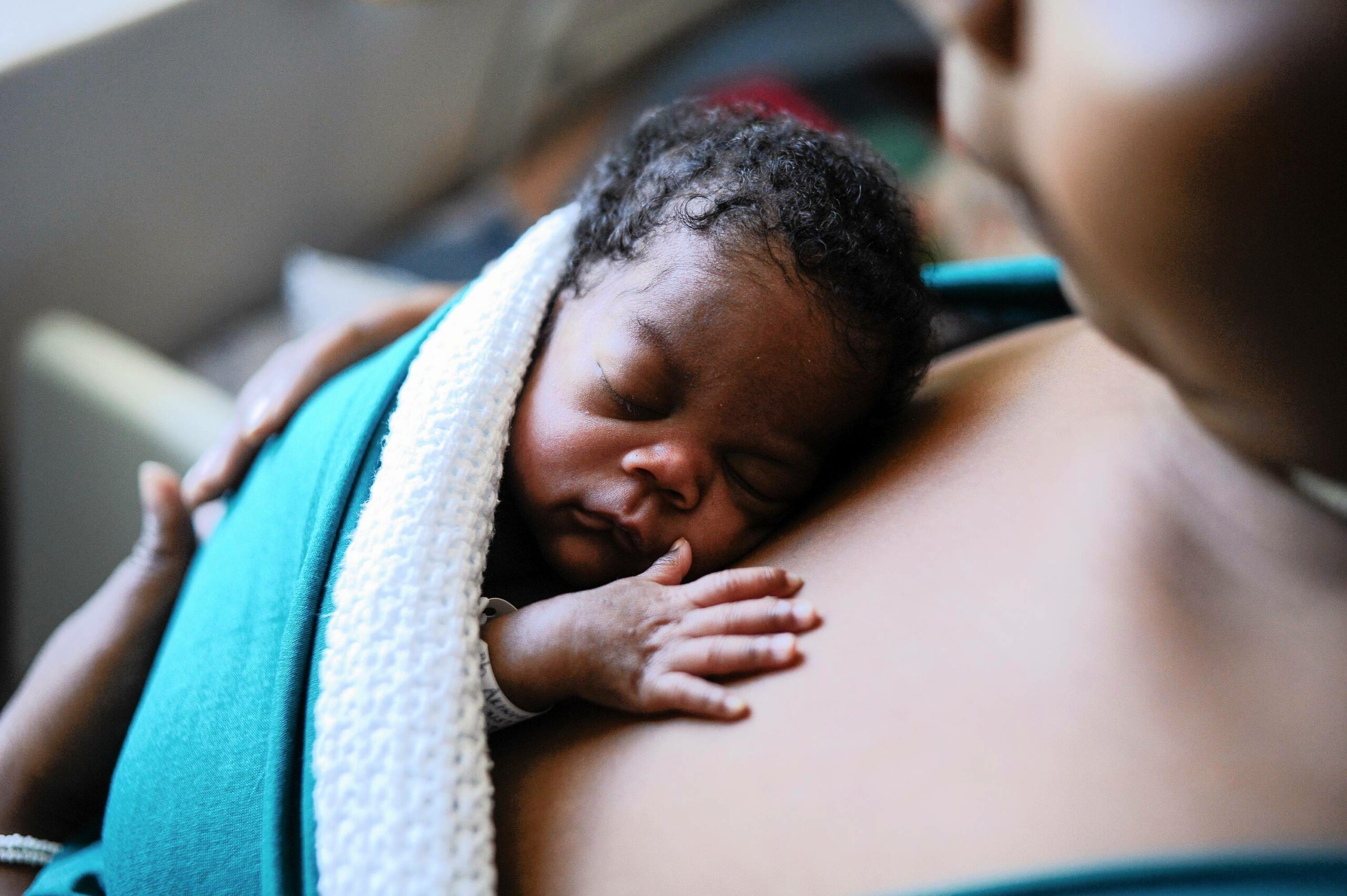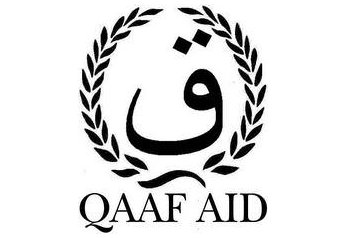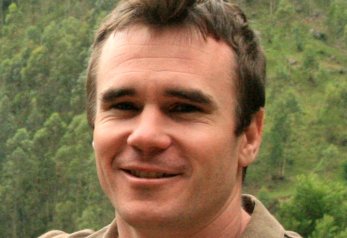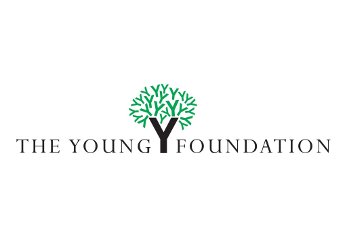
OLBIOS: Jordan River Foundation’s mission is to alleviate poverty and empower the community with a focus on women and youth. Can you tell us about the implementation of this mission and its impact in transforming Jordanian communities?
Mahmoud Riyad: Since its launch in 1997, the Jordan River Community Empowerment Program (JRCEP) has worked diligently to provide local community members with economic opportunities to improve their livelihoods and that of their families. JRCEP has benefited thousands of individuals and families by implementing programs and projects that empower communities to articulate their needs and facilitate their contribution to their own economic and social development.
Partnering with JoMoPay, JRF currently offers local communities and refugees lacking access to banking services the opportunity to pay bills, repay loans, and receive salaries through JoMoPay’s e-wallet mobile application. The project was launched in cooperation with Agriculture and Finance Consultants (AFC), the Central Bank of Jordan, and GIZ.
- Capacity Building and Job Placement (2018)
In partnership with the Aqaba, Southern Jordan, Special Economic Zone Authority (ASEZA), JRF has launched the Capacity Building and Job Placement Program as part of its continuous efforts to leverage Aqaba’s local workforce, offering training in job performance skills aimed at nurturing a work culture compatible with the needs of today’s knowledge-based economy, and responding to the demand for qualified human resources, driven by an increase in investment projects across different sectors in Aqaba, mainly in tourism and hospitality, industry, mineral resources, as well as agriculture and livestock.
- Water Innovations Technologies (WIT) Program (March 2017 – March 2022)
Implemented by Mercy Corps in cooperation with JRF, the USAID-funded Water Innovations Technologies (WIT) Program is designed to increase public awareness concerning the importance of water conservation by empowering farmers, households and local communities advocating the adoption of water saving technologies. JRF is currently implementing advocacy initiatives targeting household-level adoptions of water saving technologies, as well as supporting the organizational capacities of community based organizations mandated with managing revolving loans aimed at facilitating household water savings, and engaging youth and women as community based water conservation advocates across Jordan’s Northern governorates and The Jordan Valley, focusing mainly on areas populated by Syrian refugees.
- The Social Innovation Labs (January 2017 – December 2017)
Funded by UNICEF, the Social Innovation Labs Project focuses on leveraging the creativity and 21st Century Skills of vulnerable Syrian and Jordanian children, adolescents and youth. As a UNICEF partner organization, JRF equips beneficiaries with tools that allow them to think of innovative ways to serve their communities, as well as develop their work readiness
and employability skills through the development and application of innovative technology tools and solutions.
- Emergency Employment Project (November 2015 – November 2016)
Implemented through UNDP’s “Mitigating the Impact of the Syrian Refugee Crisis on
Jordanian Vulnerable Host Communities” program, the Emergency Employment Project was launched to address the impact of the influx of Syrian refugees on host communities in Jordan.
The project was carried out in partnership with JRF, and aimed to support sustainable economic micro businesses in vulnerable host communities through responding to relevant entrepreneurial and commercial opportunities across these areas.
This ultimately contributed to a decrease in the level of unemployment among beneficiaries, as well as encouraged a culture of volunteering via several community initiatives.
The project has been funded by multiple donors including: DANIDA, Central Emergency Response Fund, the Government of Kuwait, the United Nations World Food Programme (WFP), and the National Microfinance Bank.
O: In promoting child safety and protection JRF, uses a holistic approach that is unique in the country, and even the region. Can you tell us more about this approach and offer some examples of its efficiency in creating sustainable livelihoods for individuals and communities?
JRCSP’s mission is to mitigate violence against children by raising community awareness, offering capacity building to willing participants, later becoming advocates within their communities, and encouraging holistic and healthy interactions between family members. JRF works closely with governmental and non-governmental entities to enforce child protection laws, as part of Jordan’s commitment to the Human Rights Treaty. This all-encompassing approach is the result of relentless work and a solid record of accomplishments in the field of child and family safety.
1- Dar Al Aman
Dar Al Aman was established in 2000 as a temporary therapeutic center, offering protection and rehabilitation services for abuse victims referred by government agencies and law enforcement divisions working in child protection in Jordan.
Dar Al Aman temporarily accommodates up to 40 children every year, from infancy to early adolescence, until a safe home and child friendly environment is secured, within their nuclear or extended families. In cases where this is not possible, children are transferred to a long-term care home. Regular family visitations are conducted by specialized staff following placement, to assess family dynamics and design a treatment plan in line with the child’s therapy program.
The center serves physically, emotionally, and sexually abused children and their families, in addition to victims of neglect; offering comprehensive services including academic, medical and psychosocial care.
Children are supervised for at least one year following their reunion with their families, during which social workers monitor and assess reintegration and progress, in addition to other protective factors pertaining to child safety and sound parenting.
In an effort to develop, sustain and expand its operations across the Kingdom, Dar Al Aman currently operates under the umbrella of the Jordanian Ministry of Social Development. JRF continues to offer case management support to Dar Al Aman, in addition to referring child abuse cases to the center.
- Makani
Funded by UNICEF, Makani is an all-encompassing initiative that targets community members of all ages and engages them in activities that improve their social and emotional well-being. Based on local community findings and needs assessment, Makani offers well-coordinated, cost-effective, multi-sectoral services to vulnerable children; creating a safe social interactive space to connect, learn and play within a healthy and clean environment. Makani ensures all children have equal access to services regardless of their gender, ability, language, ethnicity, religion or nationality. It also provides life skills training for adolescents and youth to support civic engagement and social cohesion, as well as foster employability. Additionally, Makani refers children in need to appropriate channels, and provides information for parents and caregivers about children’s rights, protection, as well as preventing and responding to gender-based violence.
O: There is a need to foster the potential of social innovation through a constructive approach. Can social innovation support democracy by promoting public participation and citizen engagement and how is this best achieved?
And because there are many innovative solutions to societal challenges, including that we are unable to reach the largest possible number of stakeholders who can be targeted. Whereas, specialists in social innovation have unanimously agreed on the importance of reaching the largest possible number of beneficiaries, with solutions, initiatives and community projects in order to increase the impact of social innovation around the world.
It is very important for policymakers around the world to know more about societal and innovative projects in order to increase their effectiveness, efficiency, and financial and time sustainability through activating participation and cooperation between public sector institutions, the private sector and even individuals in implementing social innovation projects and initiatives.
O: Social innovation will have to be capable of responding to future challenges such as globalisation, digitalisation and demographic or climate change as well as emerging pressures such as migration, ageing, urbanisation, and the future of work, among others. Would you say that Jordan is prepared to tackle these challenges successfully and could you give us some examples?
M.R.: Jordan has a uniquely young population, over than 60 per cent of the population is under the age of 30, and long-term social and economic advances hinge on the opportunities provided to this generation. The potential for this generation is massive; already, more than 30 per cent of young people have first university degree, and females account for 55 per cent of those university graduates. Internet access is also one of the highest in the world (around 90 per cent. However, as this educated and digitally connected generation enters the workforce, they are presented with a stagnant economy that is not growing at a pace required to generate sufficient quality jobs.
The Jordanian Government, in particular the Ministry of Digital Economy and Entrepreneurship, has put forth efforts to strengthen and develop the social entrepreneurship ecosystem in Jordan.
On the other hand, The Jordan River Foundation, through social innovation incubators, builds the capacity of partners in the various technical fields through the set of training it provides. During the years 2018-2020, 1,300 participants were trained on technical and non-technical training for workers at different partner centers and the youth affiliates of these centers These trainings included the first and second stages of the Social Innovation Curriculum, in addition to the human-centered design course – IDEO, Arduino programming, and filmmaking.
It is worth to mention that in 2020 all training was carried out online via video communication applications and face-to-face, in accordance with the requirements of the Jordanian defense orders to preserve the safety of the beneficiaries due to the Coronavirus pandemic.
Incubators for social innovation help transform creative ideas from mere ideas and initiatives into existing projects that serve project owners and the local community. Activities are also being
implemented at the Kingdom level through an “Ordon Mobtaker” and on the world level through the “Hackathon Sharek” which is in partnership with UNICEF. And Generation Unlimited International Organization, as part of the evaluation of these initiatives and projects according to proposed and studied criteria, and in line with the global goals of sustainable development. Young people are working to implement these projects on the ground, and they are funded and incubated.
Incubators for social innovation are known among the youth group and adolescents and are known for their implementation every year since the launch of the Entrepreneur Challenge; “Sharek Ordon Mobtaker”, which serves two categories of entrepreneurs, which are the owners of existing pioneering projects, which are incubated and funded through the “Innovative Jordan” challenge, and the category of innovation leaders, who are trained to come up with ideas and transformation solutions for innovative community initiatives and projects through the “Hackathon Sharek”.
-
- 200 community initiatives were implemented during 2018
- 42 community projects were implemented during the year 2019.
- 42 sustainable projects have been implemented during 2020.


